Table of Contents[Hide][Show]
- Vegetables To Choose From
- Green Leafy’s and Beets Improve Vascular Health
- Potassium Lowers Blood Pressure
- Vegetable Fibers Feed Gut Bacteria with Heart-Healthy Benefits
- Vegetables Provide Potent Anti-inflammatory and Antioxidant Powers
- Vegetables Improve Cholesterol
- Vegetables Help Regulate Blood Glucose and A1c
- Vegetables are Nutrition Powerhouses
- So What Does a Heart Healthy Meal Plan Look Like?
I bet you’re curious to know what the number one food for a heart healthy diabetic diet is?
The food is VEGETABLES, which is really a food group rather than one specific food.
We harp on a lot about vegetables, especially non starchy vegetables, because they are a carbohydrate source. And they are the type of carb that should make up the bulk of your diet, not all those starchy, sugary-ridden processed foods.
When you set out to eat a heart healthy meal that’s equally diabetic friendly, your plate should be loaded up with a pile of vegetables. And you do have lots of vegetables to choose from, so there’s no excuses!

Vegetables To Choose From
Artichoke, asparagus, beets, celery, tomatoes, bell peppers, carrots, onions, leeks, kohlrabi, green onions, eggplant, cauliflower, broccoli, cucumber, cabbage, Brussels sprouts, okra, zucchini, yellow summer squash, radish, snow peas, mushrooms, green beans, and so forth.
Plus a huge range of green leafy vegetables:
Lettuce, seaweeds, alfalfa, bean sprouts, spinach, collard greens, kale, beet greens, mustard greens, dandelion, fennel, Swiss chard, watercress, turnip greens, arugula/rocket, endive, bok choy, chicory, radicchio, Chinese cabbage, and silverbeet.
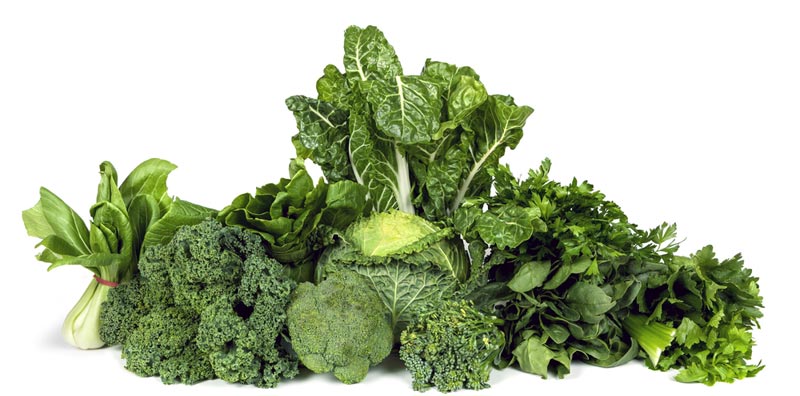
By way of providing ample vitamins and minerals, all types of vegetables offer amazing protection for heart health, not to mention a plethora of other health-promoting benefits.
Let’s explore a few of their super powers, along with a one day healthy diet plan you’ll thoroughly enjoy.
Green Leafy’s and Beets Improve Vascular Health
High blood pressure is a predictor of cardiovascular disease and the potential for heart attack and stroke. So of course, it’s important to aim for healthy blood pressure levels.
Fortunately, nature makes this task a little less daunting because the natural compounds found in green leafy vegetables and beets (called nitrates) work to optimize the body’s vascular system.
These nitrates stimulate the production of nitric oxide in the body. In turn, nitric oxide promotes vasodilation (relaxation) of the blood vessels, which helps to lower blood pressure.
On top of improvements in your arteries, other studies have linked the consumption of nitrate-rich foods with additional cardiovascular improvements – a reduction in inflammatory molecules (which are associated with the stiffening of arteries) and less blood platelet aggregation, which lowers your risk of a developing dangerous blood clots.
Potassium Lowers Blood Pressure
It just so happens that getting enough potassium in your diet is a great way to naturally lower your blood pressure levels.
While you may have heard that bananas are the best source of potassium, they aren’t a food recommended if you want to gain good blood sugar and A1C control. For example, one medium banana provides about 420 mg of potassium, but it also contains almost 30 grams of carbohydrates (yikes)!
Thankfully there are plenty of low carb vegetables that are high in potassium and won’t send your blood sugar soaring.
Such as:
- Beet greens, 1 cup = 1039 mg potassium
- Avocado, 1 = 975 mg
- Swiss chard, 1 cup = 961 mg
- Spinach, 1 cup = 839 mg
- Artichoke slices, 1 cup = 644 mg
- Chinese cabbage, 1 cup = 631 mg
- Tomato juice, 6 oz./ 177 ml = 417 mg
You can see that a few servings of green leafy veggies on your plate every day can provide you with enough potassium to begin improving your blood pressure.
Vegetable Fibers Feed Gut Bacteria with Heart-Healthy Benefits
You probably don’t think about the bacteria in your intestines affecting your cardiovascular health, but there is a huge link between the two.
Several studies have examined the relationship between gut microflora (the ratio of good bugs to bad bugs in your gastrointestinal tract) and the risk for cardiovascular disease.
For instance:
A review of multiple studies proposed that individuals who have a “poor variety” of gut bacteria are at higher risk for metabolic disease, obesity, high blood lipid levels, and low-grade systemic inflammation – all of which increase your risk for cardiovascular problems.
A second review on gut health and cardiovascular risk determined that a disrupted gut microbiome likely increases a person’s risk of developing or worsening high blood pressure and metabolic diseases.
And, another study has linked lower fiber intakes to an increased risk of cardiovascular events like heart attack and stroke, which can be driven by inflammation and high blood pressure.
Overall these studies conclude that having an unhealthy gut leads to systemic inflammation. You can’t see this inflammation but it’s occurring in your cells, thereby increasing your risk for cardiovascular issues.
So what is the secret to promoting healthy gut bacteria?
Eat ample amounts of dietary fiber from vegetables!
Eating a variety of nutritious vegetables on a regular basis is a great way to feed those healthy gut bacteria and improve your heart health at the same time.
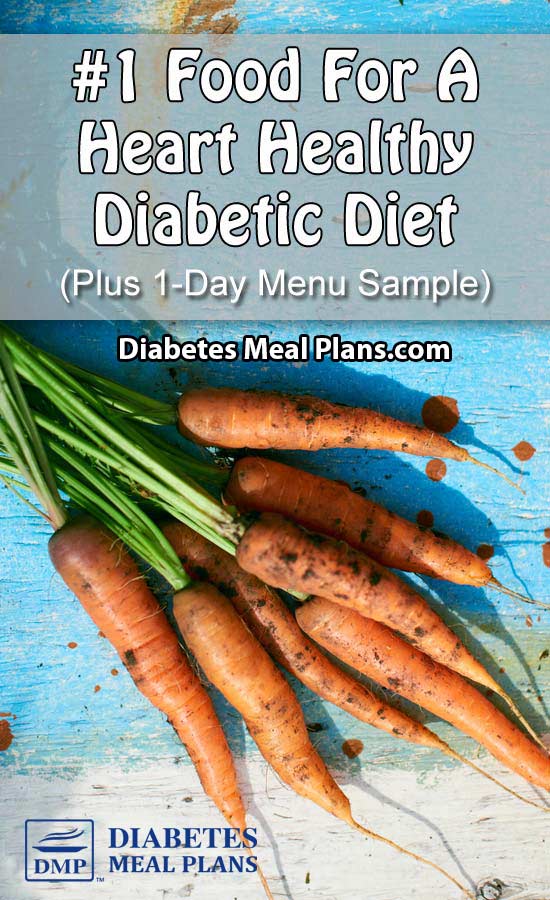
Vegetables Provide Potent Anti-inflammatory and Antioxidant Powers
A lot of brightly colored vegetables are rich in vitamins C, E, and a form of vitamin A called beta-carotene. These nutrients are vital to cardiovascular health as they provide potent antioxidant and anti-inflammatory powers.
Oxidative stress is higher in type 2 diabetes, so is inflammation. And both of these factors contribute to the development of coronary artery disease, stroke and various other diabetic complications.
Fortunately, the antioxidants and phytochemicals found in vegetables work to combat these negative effects. And the studies suggest that with each serving of vegetables (equivalent to 1/2 cup) , especially green leafy vegetables, you can reduce your risk for heart disease by at least 4%.
Vegetables Improve Cholesterol
In a study following the eating habits of almost 400 people there was a clear connection between the amount of vegetables a person consumed and their cholesterol levels.
The researchers found that the people who consumed six or more servings of vegetables and fruits per day had lower total cholesterol levels (13 mg/dL lower), smaller waist circumferences and lower daily caloric intakes, compared to those who ate fewer servings of fresh produce.
Another study examined newly diagnosed type 2 diabetics and found that those who increased their daily fruit and vegetable intake by just 8.8 ounces (250 g) had lower cholesterol levels and smaller waist circumference, producing a 2% decreased risk for cardiovascular events in the long term. And of course, the more veggies you eat, the more your risk decreases!
Vegetables Help Regulate Blood Glucose and A1c
One of the key factors that leads to cardiovascular disease is higher than normal blood sugar levels. The excess glucose and insulin in the bloodstream causes damage to the arteries and vessels.
Therefore, keeping blood glucose and A1c in the normal range is critical for the prevention of heart disease and other diabetic complications.
Avoid high carb foods like rice, added sugar, potatoes, pasta and bread, and switch them for vegetables.
Vegetables are a carbohydrate. And they are the type of carbohydrate that should make up the greatest proportion of your diet. They are low in overall carbs, provide loads of fiber and they contain all the nutrients and compounds needed to promote good heart health.

Vegetables are Nutrition Powerhouses
Vegetables contain an abundance of vitamins, minerals, flavonoids, carotenoids, phytochemicals and other compounds, which all provide health benefits. Not just in terms of heart protection but in every single other way you can imagine.
That’s why we encourage you to include an abundance of non starchy vegetables in your diet.
For instance, vitamin C (bell peppers and strawberries) fights oxidative stress to prevent dysfunction of the artery walls, which can lead to heart disease.
Magnesium (green leafy vegetables) is another mineral involved in maintaining healthy blood pressure levels.
Vitamin K (broccoli, Brussels sprouts, green vegetables) prevents calcification of the arteries that leads to atherosclerosis.
Folate is a B-vitamin required for DNA synthesis and the formation of new cells and is needed to maintain homocysteine balance in the body, which helps prevent stroke.
And in fact, there are more than 5,000 different types of flavonoids found in natural foods, which promote healthy cell function and protect the lining of the arteries and vessels.
The list goes on but you get the point – vegetables are nutrition powerhouses with multiple benefits.
So What Does a Heart Healthy Meal Plan Look Like?
Obviously, it contains lots of vegetables.
Second to vegetables comes healthy sources of lean protein – beef, chicken, turkey and fish, along with eggs, nuts and seeds.
You also need healthy fat to balance it out. This includes all three types of fats – saturated fat, polyunsaturated fat and monounsaturated fat.
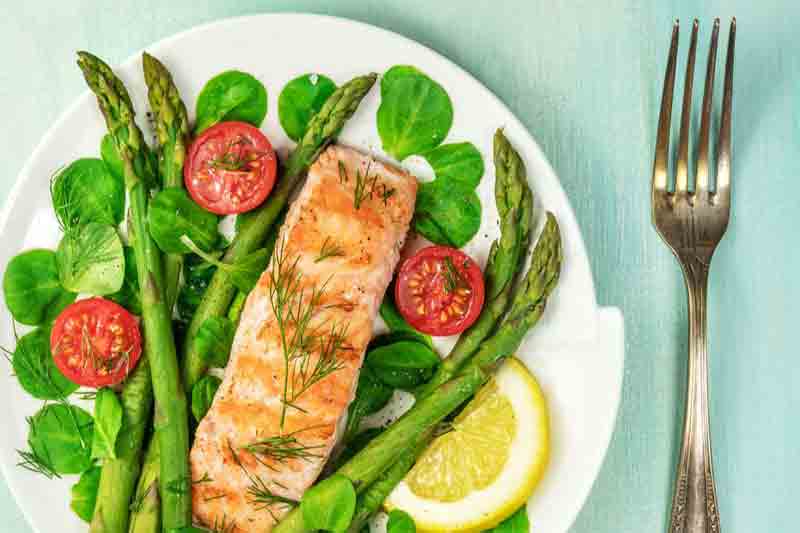
Your body does actually need all types of fatty acids, though the American Heart Association and Diabetes Association recommend keeping saturated fat to 10% of overall daily calories. So it is recommended to choose predominantly monounsaturated fats like olive oil and avocado.
Additionally add a couple of serves of fatty fish each week such as salmon, tuna, mackerel, or sardines as these contain omega-3 fatty acids that help reduce inflammation and promote heart-health.
Really, you can see that a heart healthy diabetic diet is one based on healthy eating. Cook fresh natural produce at home from this recommended food list, and you really can’t go wrong!
One Day Heart-Healthy Menu Sample
Think low carb Mediterranean-style diet, that’s the type of diet we encourage because it has benefits for both diabetes and heart disease.
Breakfast
Start your day with a fresh collection of vegetables scrambled with eggs.
Lunch
Fill a salad bowl with the goodness of greens, pan roasted beets, walnuts and feta.
Dinner
Finish the day with a delicious Cheesy Vegetable Bake with a side of chicken, turkey or fish.
Snack #1
Indulge in a small bowl of strawberries paired with almonds.

Snack #2
Munch on some Yogurt Ranch Dip and veggie sticks.
Put all that together for a delicious and nutritious day!
As you can see, eating vegetables certainly doesn’t mean boring ol’ bland steamed or boiled vegetables. There are so many ways you can make meals interesting and tasty and be eating heart healthy at the same time!
If you’re short of ideas, you might consider joining us as a Meal Plans Member. We’ve got plenty of low carb recipes and lots of cooking videos to keep your taste buds tantalized and more than satisfied. ;)
Please pin, tweet or share this info to help others. Thanks!

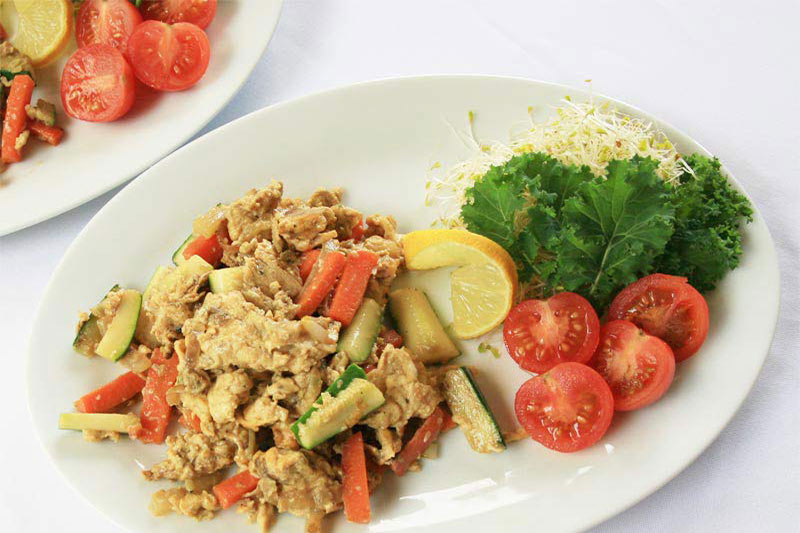


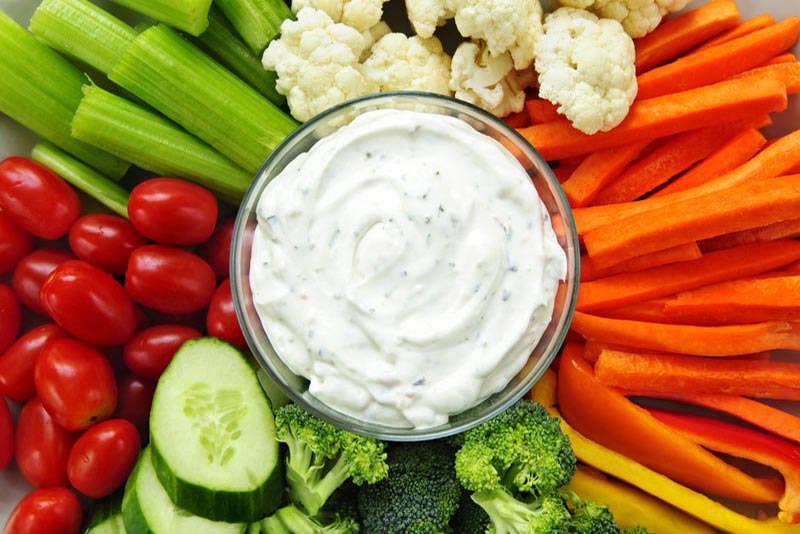

Barry Taylir
I am a heart patient and also a diabetic. I was going to go to Keto diet, but decided not to. I just need some help to make sure I am eating right and to lower my A1C. I am 65 years old. Been doing this since I was 46 year old. But not staying on it!
Dr Jedha - Nutritionist (PhD)
Hi Barry, being a heart patient and having diabetes is common among our members, and our scientifically proven guidelines can help with both things – improving blood sugar and A1c, weight (if needed), cholesterol and blood pressure. You can use the info provided above to get started, or you might consider joining us as a member for the best help and support to achieve your goals. Hope to see you join the DMP family!
Wanda Rose
I did join but got so many email s that I deleted the information
Jedha: Nutritionist (MNutr)
Is that for our subscriber list Wanda? We do send out a few more emails than normal at first, because we have lots of info we want to expose people too. But in general, we only send one newsletter per week, and occasionally more frequently.